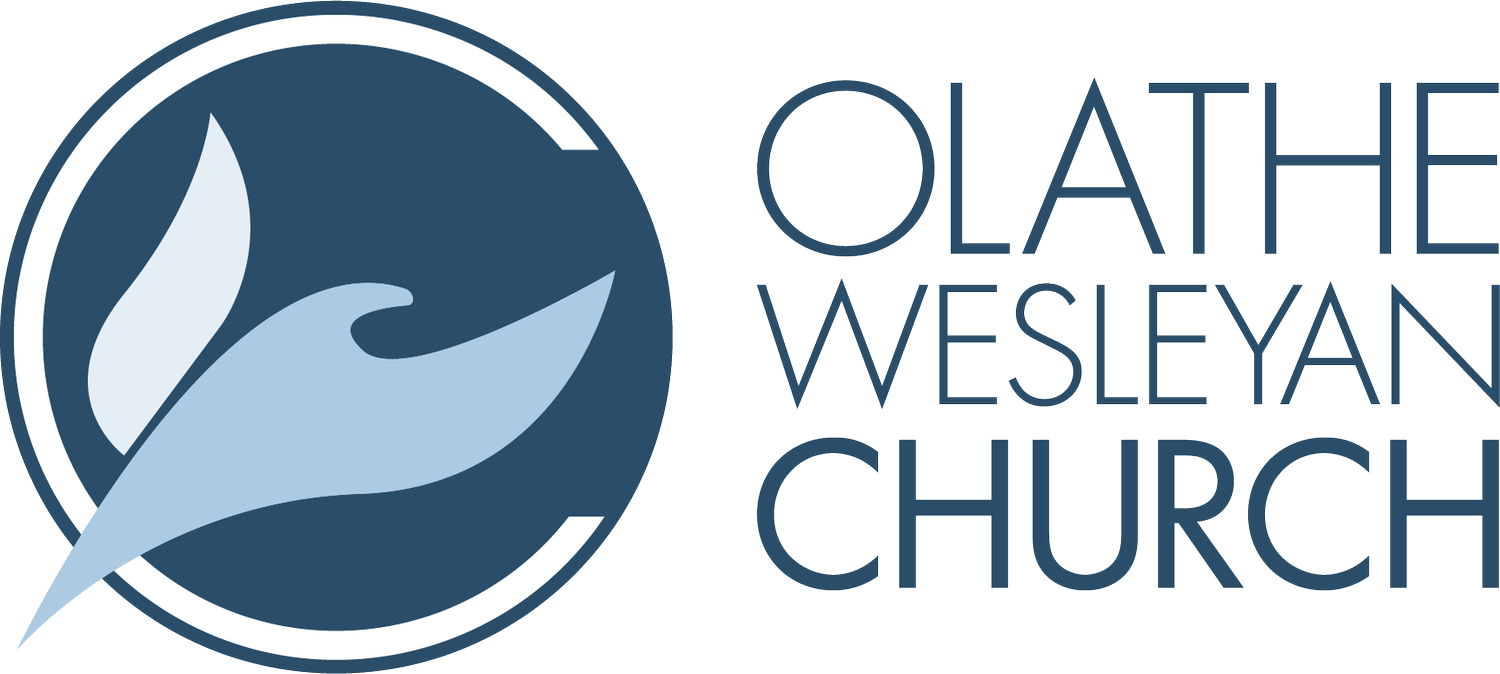Two Kinds of Fear
Fear is a powerful force that shapes many of our decisions and behaviors, often more than we realize. From fear of rejection to fear of failure, we find ourselves constrained by what others think or what might go wrong. As Proverbs 29:25 says, “Fearing people is a dangerous trap, but trusting the Lord means safety.” This verse paints a stark contrast between two types of fear: fear of man and fear of God. Understanding the difference can unlock a path to true freedom.
Fear of people often manifests subtly, whether through the constant worry about others’ opinions or the need for approval. We end up putting on masks, hiding our true selves to fit in or impress. One writer noted that “the fear of man will not leave our table. It will eat away at everything — relationships, budgets, schedules, ministries, convictions, and sleep — until we perish or put it to death.” Such fear can erode our sense of identity, leaving us anxious, empty, and longing for validation. Yet, Proverbs 29:25 offers a remedy: the fear of the Lord, which provides safety and stability.
But what does it mean to fear God? It’s not the same fear we feel toward threats or harm. Instead, “the fear of the Lord is a fountain of life, that one may turn away from the snares of death.” (Proverbs 14:27). This type of fear is rooted in awe, respect, and a recognition of God’s greatness. When we elevate God above everything else—our anxieties, people’s opinions, and even our failures—He becomes our source of life. God’s bigness quiets our fear of man and frees us to live authentically.
This perspective was powerfully demonstrated by the apostles in Acts 5, who boldly declared, “We must obey God rather than any human authority.” Despite threats and persecution, their reverence for God outweighed their fear of man. This fear of the Lord wasn’t paralyzing; it was empowering. Because God was greater in their eyes, they were willing to face opposition without wavering. Their courage challenges us: are we more afraid of displeasing people or of missing out on what God has called us to do?
One reason fear of man can be so crippling is that it often grows out of insecurity and a misplaced sense of identity. As Jami Kern Lima notes, self-confidence might come from our achievements, but it doesn’t satisfy like we hope because it doesn’t feed our self-worth. This means that even people who appear successful can struggle with feeling “not enough.” True self-worth, however, comes from seeing ourselves through God’s eyes and resting in His approval, not people’s.
The solution is to shift our gaze. “Only when God becomes our greatest fear can He become our safest place.” This means giving God the highest place in our hearts, valuing His opinion above all. When we recognize that God, the Creator of heaven and earth, knows us fully and loves us deeply, our need for human approval begins to fade. As we meditate on His character—His faithfulness, His mercy, His power—we start to see Him as the ultimate refuge.
Elevating God’s greatness has practical implications. If we focus on the bigness of God, “bigger than others’ expectations, bigger than their opinions, bigger than their anger, bigger than their threats,” our fears of rejection, failure, or inadequacy start to diminish. This shift not only liberates us but also equips us to love people better. When we are not enslaved by their opinions, we can serve and care for them genuinely, without needing their affirmation in return.
Ultimately, “the fear of the Lord is true wisdom; to forsake evil is real understanding” (Job 28:28). It’s this fear—a deep, reverential awe—that reorders our lives and transforms our relationships. God is not just bigger than our fears; He is greater than any struggle, disappointment, or challenge we might face. When we fear Him rightly, we are freed from the tyranny of fearing others, finding our security and worth in the One who never changes.

